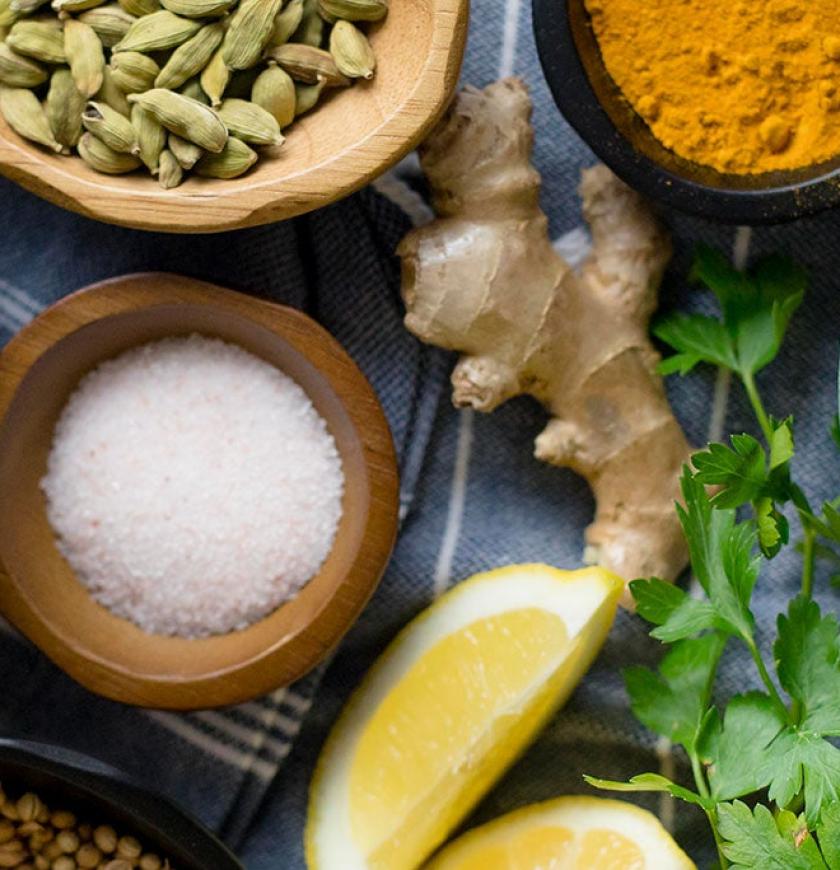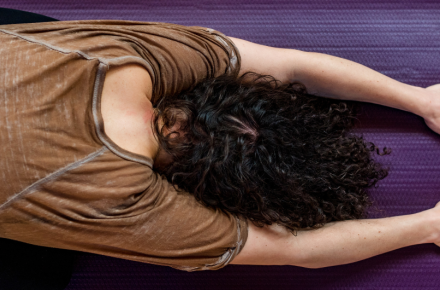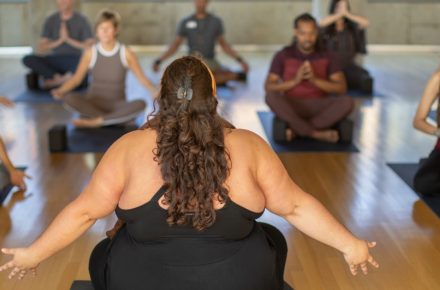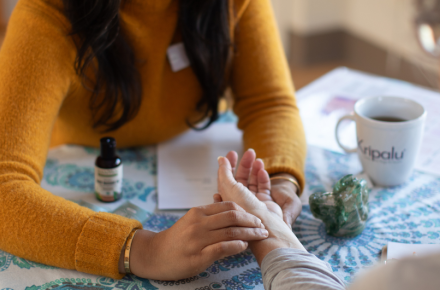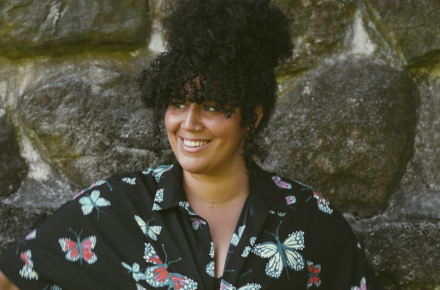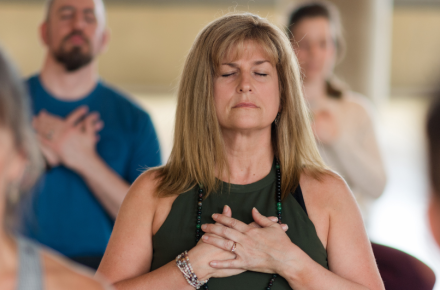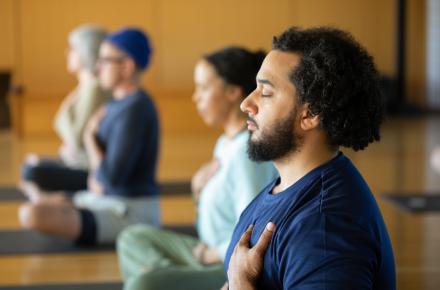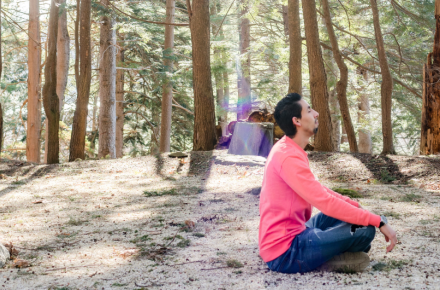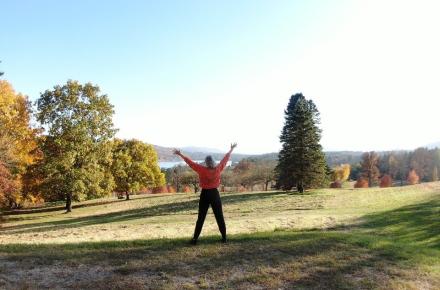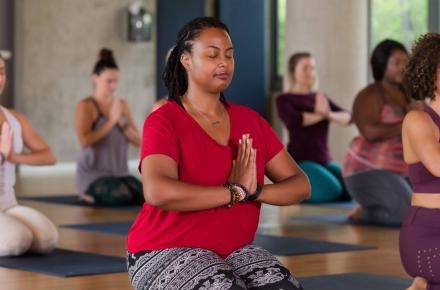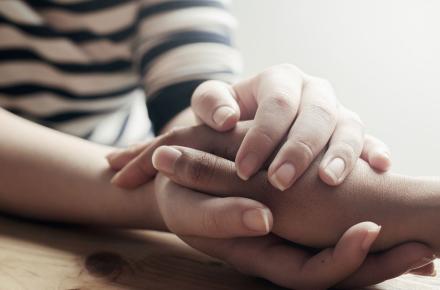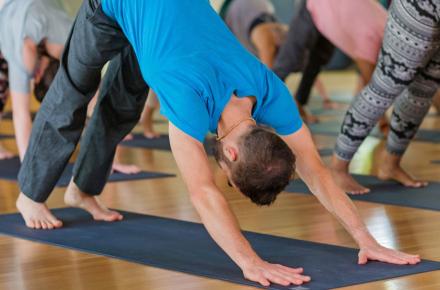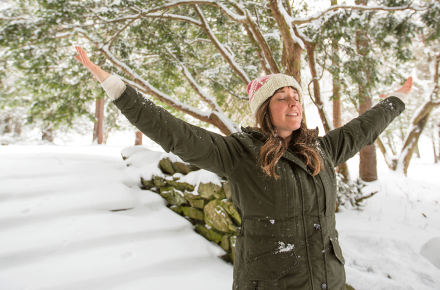How a Balanced Day Keeps the Pu Pu Platter Away
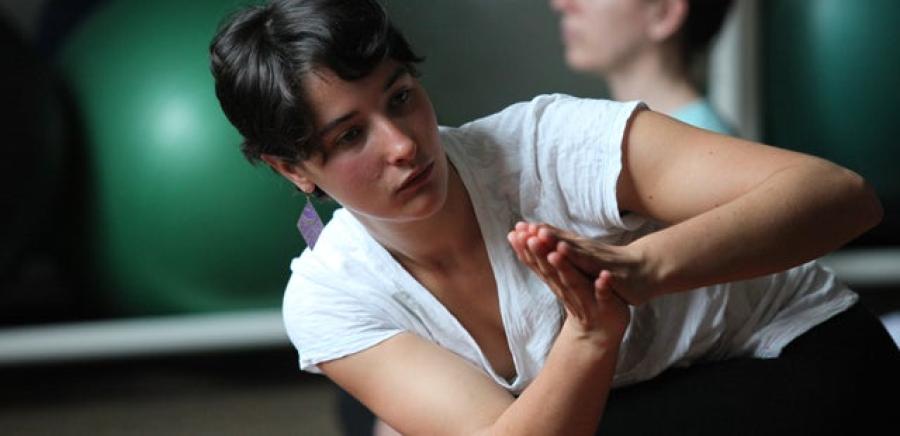
The Pu Pu Platter for three that has just arrived at our table must be meant for three very large football players (who are not gluten free, and who are definitely not concerned about nitrates). It’s a heaping pile of fried dough and processed meat. I am happy to see it.
But the next day, I am not so happy. I’m hung over and nauseated—equal parts physically ill and disgusted with myself. Why is it so difficult to eat in a way that nourishes me? Why is the Pu Pu Platter so darned alluring?
Now, don’t get me wrong—I think it’s great to throw caution to the wind and live it up once in a while. I don’t want a stale, circumscribed life. But when the Pu Pu Platter becomes the staple, I’m not feeling my best, and I’m not living my life to the fullest.
What can I do?
The answer for me is not in self-restraint. I’ve tried that, and I’ve failed almost every time. I actually have quite a bit of self-discipline: I do yoga and meditate daily. I wake up at 6:00 am to make breakfast and pack my kids’ lunches. I’ve published 12 books, for Pete’s sake. All of this takes tremendous work ethic and self-discipline, yet I can’t seem to power my way to conscious eating.
The solution doesn’t lie in berating myself (though I’ve done that). I’ve also tried compassionately reminding myself that I feel better when I avoid gluten and don’t overdo sugar. Once, I decided I’d donate $25 to one of my most despised charities the next time I ate sugar. But none of this works.
So, what can I do? The solution, I’ve found, is to examine how I live the rest of my day. Eating sugar and wheat at night (which is when I’m most tempted) isn’t actually the problem—it’s a symptom of a day lived out of balance. I need to look at why, at the end of a day, I feel depleted and fried, why I search for soothing, grounding, and comfort in food and television and my iPhone. If I can meet these needs during my day, if I can manage my energy better all day, then, at night, I won’t crave the Pu Pu Platter so very much.
For me, this means less time staring at my computer and more time in nature. Less time alone and more time connecting with friends or coworkers. Less time surfing my iPhone at traffic lights, and more time breathing and looking around.
This may seem untenable, but I think it’s possible. Five minutes in nature once or twice per day is enough. I can put away my phone for the duration of a 45-minute lunch with friends, or leave it in my bag during my eight-minute commute. These choices make all the difference. They leave me less fried. They allow me to choose more wisely at dinner. Rather than needing the grounding after dinner of half a bag of chips, I can appreciate the subtle beauty and comfort of a cup of tea and a chat with my wife.
This is a work in process. Some days, I succeed; others find me three beers later, covered in potato chips and surfing my iPhone while simultaneously watching House of Cards on Netflix. But, when I take care of myself during the day, it’s a lot easier to take care of myself at night. And of course, those days are also, all along the way, a lot more satisfying and enjoyable.
Brian Leaf is a Kripalu Yoga teacher and the author of 12 books, including the memoirs Misadventures of a Garden State Yogi and Misadventures of a Parenting Yogi.
Find out about upcoming programs with Brian Leaf at Kripalu.
© Kripalu Center for Yoga & Health. All rights reserved. To request permission to reprint, please e-mail editor@kripalu.org.



